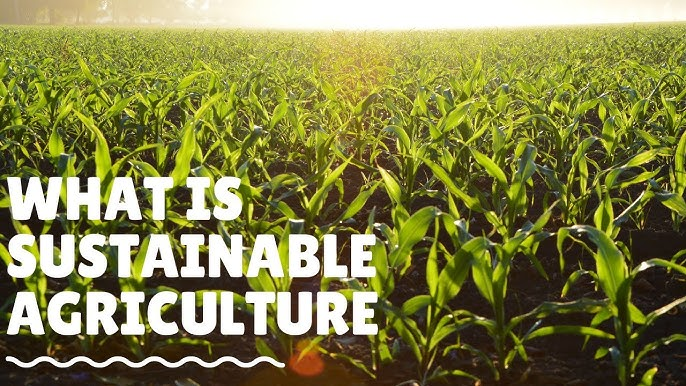Introduction
Sustainable agriculture is crucial for small-scale farmers in developing countries. It enhances food security, improves livelihoods, and protects the environment. This guide explores practical sustainable agriculture practices that small-scale farmers can adopt.
What is Sustainable Agriculture?
Sustainable agriculture involves farming practices that meet current food needs without compromising future generations’ ability to meet theirs. It balances economic viability, social responsibility, and environmental stewardship.
Benefits of Sustainable Agriculture for Small-Scale Farmers
- Improved soil health: Enhances fertility and structure.
- Increased resilience: Better withstands climate shocks.
- Reduced costs: Less dependence on external inputs.
- Better food security: Diversified crops improve nutrition and income.
Sustainable Agriculture Practices for Small-Scale Farmers
1. Crop Diversification
- Grow multiple crops (intercropping, crop rotation).
- Enhances biodiversity, reduces pests, improves soil health.
2. Soil Conservation Techniques
- Use of cover crops: Protects soil, adds organic matter.
- Reduced tillage: Minimizes soil disturbance.
- Mulching: Retains moisture, suppresses weeds.
3. Integrated Pest Management (IPM)
- Use natural pest control methods.
- Reduce chemical use to protect health and environment.
4. Efficient Water Use
- Rainwater harvesting: Collects water for dry periods.
- Drip irrigation: Reduces water waste.
5. Organic Fertilizers and Inputs
- Compost and manure: Enhance soil fertility naturally.
- Avoid synthetic chemicals to protect ecosystems.
Challenges for Small-Scale Farmers in Developing Countries
- Limited access to resources (credit, markets).
- Climate variability impacts.
- Need for knowledge and training on sustainable practices.
Overcoming Challenges
- Farmer cooperatives: Share knowledge, resources.
- Training and extension services: Build capacity.
- Access to markets for sustainable produce: Encourage adoption.
Conclusion
Sustainable agriculture practices can transform small-scale farming in developing countries. By adopting these methods, farmers can improve yields, protect the environment, and enhance livelihoods.

